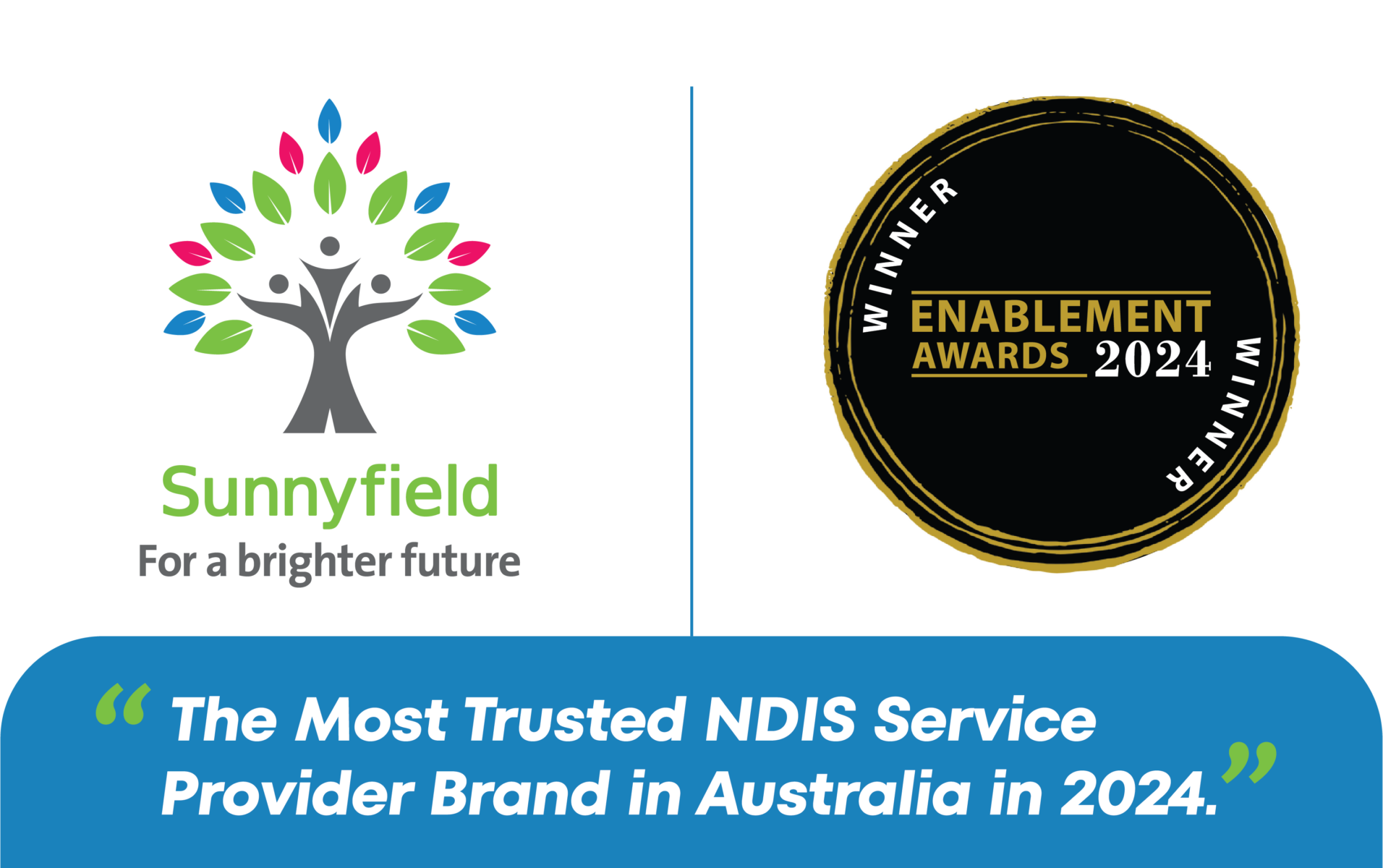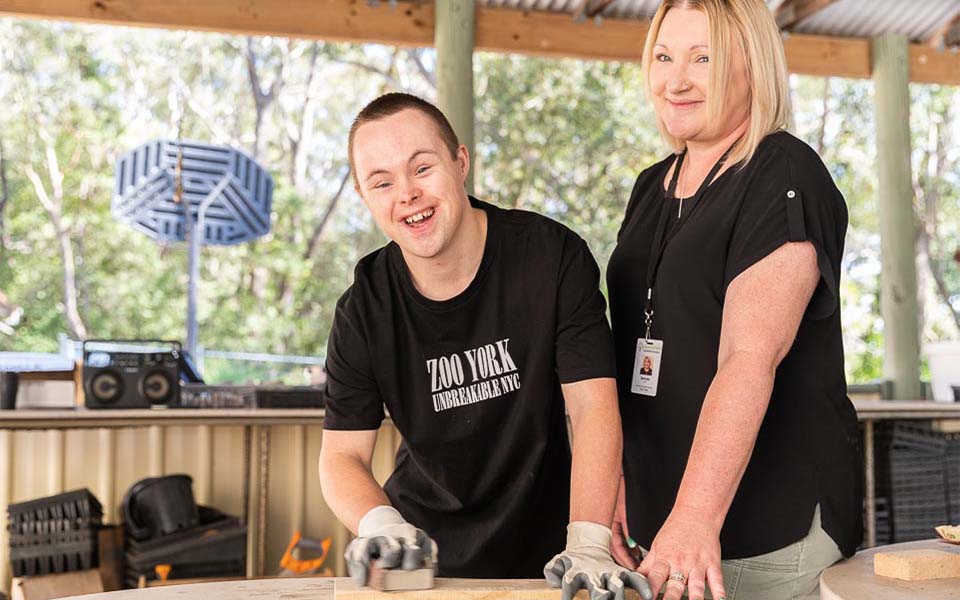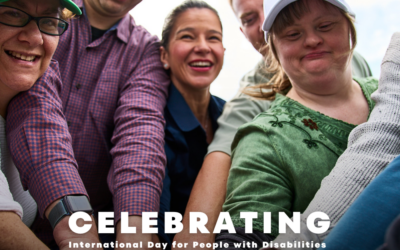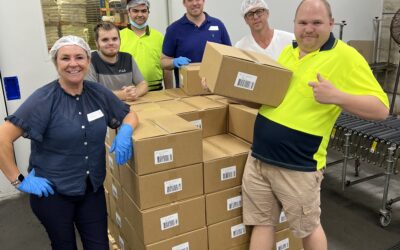Providing tailored support allows people with disability to participate more fully in their communities.
“Participants don’t just come to us and we decide what they want,” says Peter Dixon, general manager of Community Services at Sunnyfield. “Our job is to understand their needs and their [National Disability Insurance Scheme] goals, and then work in partnership to develop tailored supports for each participant.”
A not-for-profit charity and registered NDIS provider, Sunnyfield supports people with disability by creating choice, opportunities and skills for life. Sunnyfield recently launched a series of youth programs, designed to connect young people with disability to their community, develop social connections and build skills for life.
“We have participants from 2 years-old to 80,” Dixon explains. “The youth program is about recognising that 12 to 17-year-olds with disability have a lot in common with 12 to 17-year-olds in general. It’s a period of great personal growth, identity-forming, connection and self-understanding.”
The youth program provides younger clients the opportunity to socialise and be part of the community, by exploring their talents through a wide range of activities including music, dance, sport, art and school holiday programs.
“Kids want to hang out with other kids. There are many skills they can learn from being in their own cohort – it’s about supporting them to develop their own sense of self, their wellbeing, and to try different things.”
One example is the cooking program, which teaches participants how to follow a recipe. The aim is “not to make them cordon bleu chefs”, Dixon explains, but instead teach skills in following a process to achieve an outcome. They can then take that skill set into other aspects of their life.
“Just being able to have an opinion about food, rather than having it always served up to them as somebody else’s decision – that enables them to contribute. They can say, ‘You know what, I like pizza. Let’s make pizza.’ It supports independence, in thought and choice.”
Sunnyfield’s Skills for Life program is open to all age groups and focuses on social, communication and problem-solving skills, as well as budgeting, literacy and road safety.
Dixon notes that approximately 70 percent of participants who choose Sunnyfield as their support provider communicate non-verbally, with many preferring visual learning. Trained staff use assistive technology to cater to this learning style, thanks to innovative use of iPads and SMART Board activities.
“It’s a more defined program. As participants grow in terms of confidence and knowledge, they become more defined in what their specific goals will be. We can assist with understanding concepts such as numeracy and literacy.”
Founded in 1952, Sunnyfield has over 20 community hubs across NSW delivering nearly 2000 support services for people with disability every day. Underlining both the youth program and Skills for Life program is a philosophy that people with disability have the same rights as people without disability to participate in their communities.
“Inclusion is a key word in the disability space – and it’s not just about being able to catch the bus,’’ says Dixon. ‘‘It’s about being able to contribute. We provide support to enable participants to contribute, in the ways they would like to.”



